Understanding Filling Machines
In the realm of manufacturing and packaging, the Filling Machine plays a pivotal role. These machines, designed for efficiency and precision, are key components in various industries – including food and beverage, pharmaceuticals, cosmetics, and chemicals. As production demands increase, understanding the functionalities and features of these machines becomes essential for businesses looking to optimize their operations.
What is a Filling Machine?
A filling machine is an apparatus used to dispense liquids, powders, or granular products into containers, such as bottles, jars, or pouches. These machines can operate on a variety of scales, from small tabletop models for artisanal producers to large, fully automated systems designed for high-volume production. Their primary goal is to enhance the efficiency and accuracy of filling processes in manufacturing operations, ensuring products are filled consistently and correctly.
Types of Filling Machines
Filling machines can be classified based on the type of product they handle, their level of automation, and the mechanism by which they operate. Below are the main types of filling machines:
- Liquid Filling Machines: These machines are designed specifically for liquids, offering various mechanisms such as gravity, vacuum, or piston filling. Liquid filling machines are extensively used for beverages, oils, and sauces.
- Powder Filling Machines: These are specialized for handling powders. They often use auger filling or volume-based systems to ensure accurate dosing.
- Granular Filling Machines: Tailored for solid products, these machines fill ingredients like rice, sugar, or granola into containers.
- Manual, Semi-Automatic, and Automatic Filling Machines: Depending on the level of human intervention, filling machines can be manual, semi-automatic, or fully automatic. Fully automated systems are ideal for high-throughput operations.
Application Areas of Filling Machines
Filling machines are versatile tools that find application in a variety of industries. Their ability to handle different types of products makes them invaluable in:
- Food and Beverage Industry: From soft drinks to sauces, filling machines ensure that consumables are accurately packaged, preserving quality and safety.
- Pharmaceutical Industry: These machines fill bottles, vials, and syringes with liquids and powders, adhering to strict health and safety regulations.
- Chemicals and Petrochemicals: Filling machines facilitate the safe and efficient packaging of harmful or sensitive substances.
- Cosmetics and Personal Care: These industries rely on filling machines to package creams, lotions, and other liquid products with precision.
Key Features of Modern Filling Machines
Automation and Precision
Modern filling machines are equipped with automation technologies that enhance their efficiency and precision. With the incorporation of software controls and sensors, these machines can be programmed for specific filling volumes and can automatically adjust to changes in container size or product viscosity. The result is a system that minimizes human error, ensures consistency, and maintains high production rates.
Speed and Efficiency
Speed is a crucial factor in manufacturing processes, and filling machines are no exception. High-speed filling machines can dispense thousands of units per hour, significantly boosting production capabilities. Additionally, many modern machines can perform multiple functions – such as filling, capping, and labeling – in a single pass, further enhancing operational efficiency.
Compatibility with Various Liquids
Filling machines are designed to handle a wide range of liquid types, from thin water-like substances to thick, viscous materials. Specialized pumps and filling mechanisms are employed to accommodate different product characteristics, ensuring that each filling operation is tailored to the specific liquid, precluding any risk of spillage or wastage.
Benefits of Using Filling Machines in Production
Increased Productivity
Implementing filling machines into a production line drastically increases productivity. With faster filling times and the ability to run continuously, manufacturers can meet high-demand periods without sacrificing quality or accuracy. This not only helps in keeping up with market demands but also enhances the overall throughput of the manufacturing facility.
Cost-Effectiveness
While investing in filling machines can initially seem daunting, the long-term cost savings are substantial. Automated filling systems reduce labor costs by minimizing the need for manual filling and handling. They also decrease waste through more precise filling capabilities, leading to better resource management and ultimately, enhanced profitability.
Quality Control and Consistency
Quality control is imperative in any production environment. Filling machines contribute significantly to maintaining product quality by ensuring uniform fill levels and reducing human error. This consistency is crucial, especially in industries like pharmaceuticals and food, where regulatory compliance and consumer safety are paramount.
Choosing the Right Filling Machine for Your Needs
Assessing Your Production Requirements
When selecting a filling machine, it’s imperative to assess your specific production needs. Considerations include the type of product, container sizes, desired output rates, and the level of automation required. It’s vital to align the machine’s capabilities with your production goals to ensure optimal efficiency.
Understanding Operational Costs
Operational costs can often be overlooked when purchasing machinery. Understanding the total cost of ownership, including maintenance, power consumption, and replacement parts, is essential for prudent financial planning. Performing a thorough cost-benefit analysis will aid in making an informed decision.
Vendor Considerations and Recommendations
Choosing the right vendor is crucial for acquiring a filling machine that meets your demands. Factors to consider include the vendor’s reputation, customer support services, warranty offerings, and the availability of spare parts. Additionally, reviewing case studies and testimonials can provide insights into the machine’s performance in realistic settings.
Maintenance and Troubleshooting of Filling Machines
Regular Maintenance Practices
Regular maintenance is essential for the longevity and optimal performance of filling machines. Key practices include:
- Routine cleaning to prevent contamination.
- Inspecting mechanical components for wear and tear.
- Updating software and firmware regularly for enhanced performance.
- Conducting periodic checks to ensure calibration is correct.
Troubleshooting Common Issues
Despite rigorous maintenance, operational issues may arise. Common problems include irregular fill amounts, machine jams, or unsuitable filling speeds. Troubleshooting steps include checking for blockages in dispensing tubes, ensuring correct calibration settings, and verifying that all mechanical components are functioning properly.
Extending the Lifespan of Your Filling Machine
To extend the lifespan of your filling machine, adopt best practices such as:
- Implementing a maintenance schedule that adheres to manufacturer recommendations.
- Training personnel on proper machine operation and safety protocols.
- Utilizing quality materials and compatible containers to minimize wear on machinery.
Conclusion
Filling machines are integral to modern manufacturing and packaging processes. By understanding their features, benefits, and maintenance requirements, businesses can significantly enhance their production operations. Whether you are a startup or an established manufacturer, investing in the right filling machine can yield substantial returns in efficiency, cost-effectiveness, and product quality.
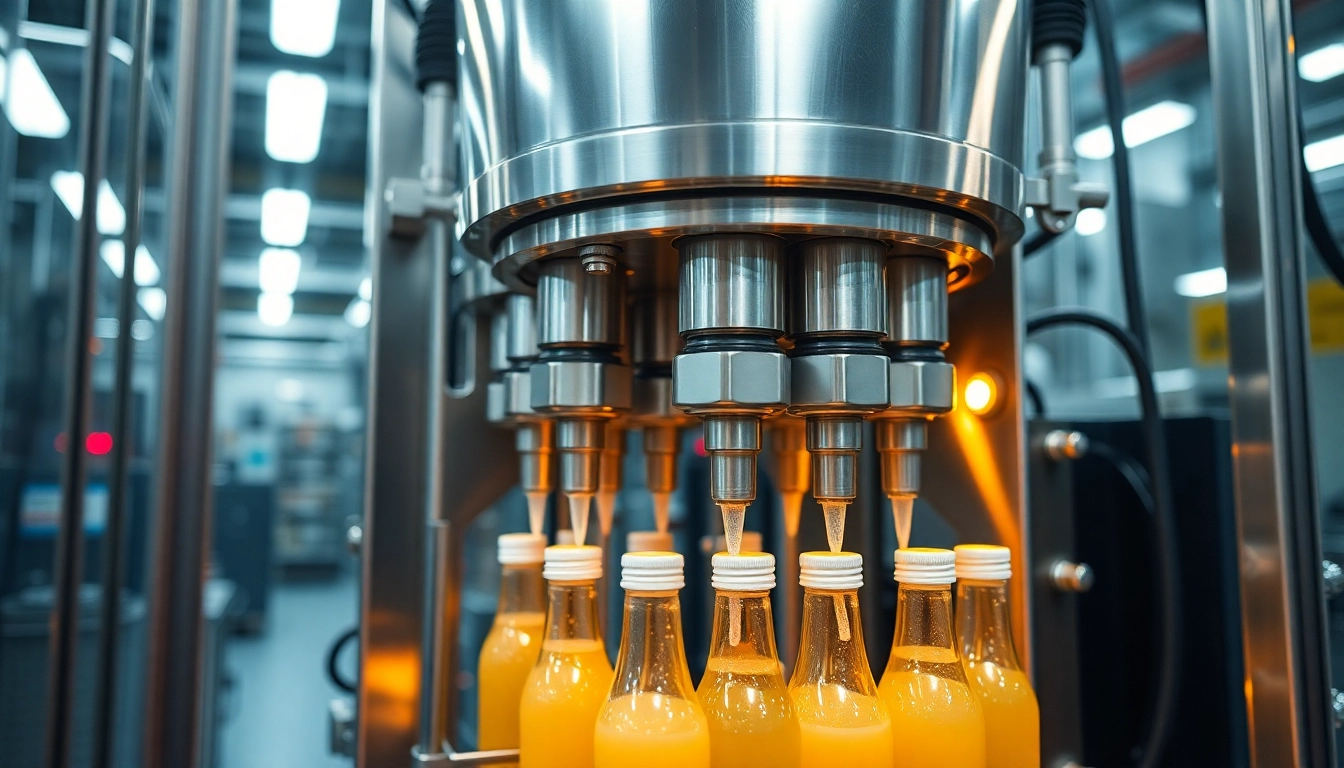
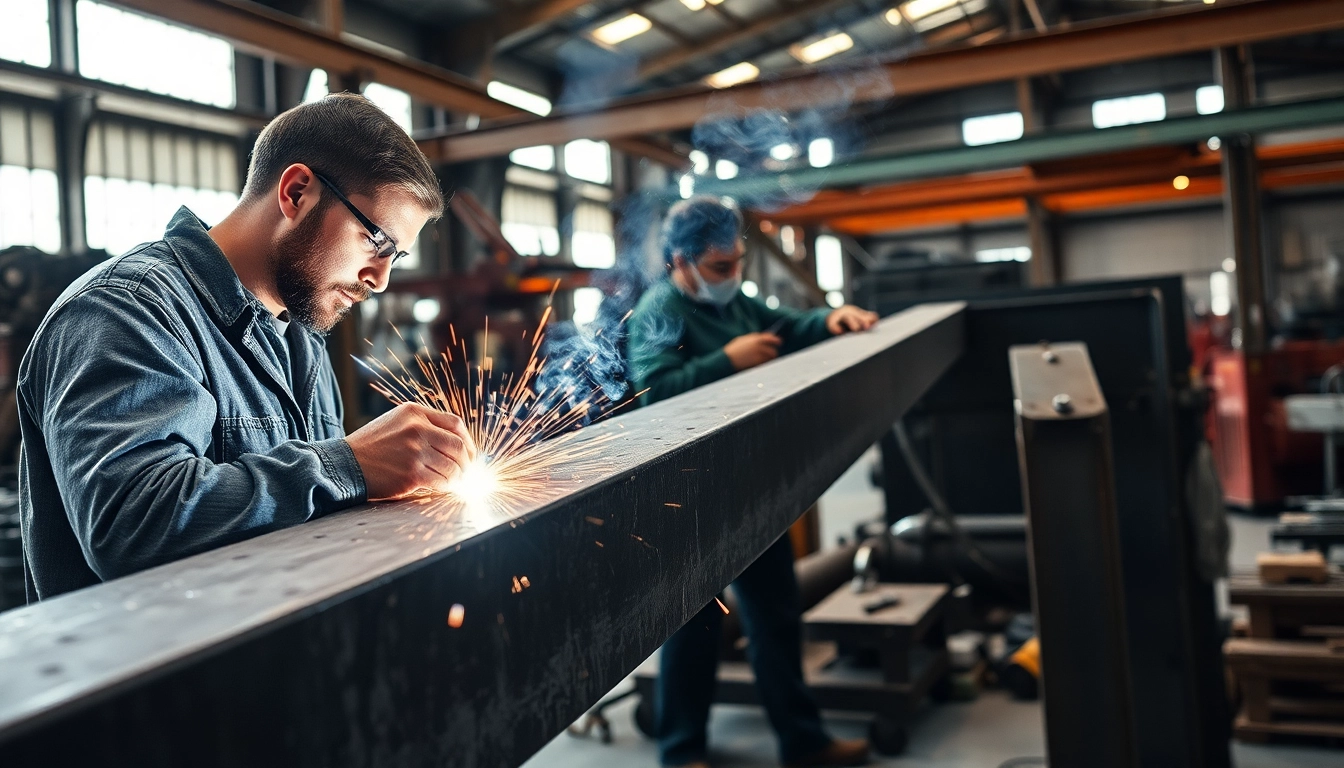
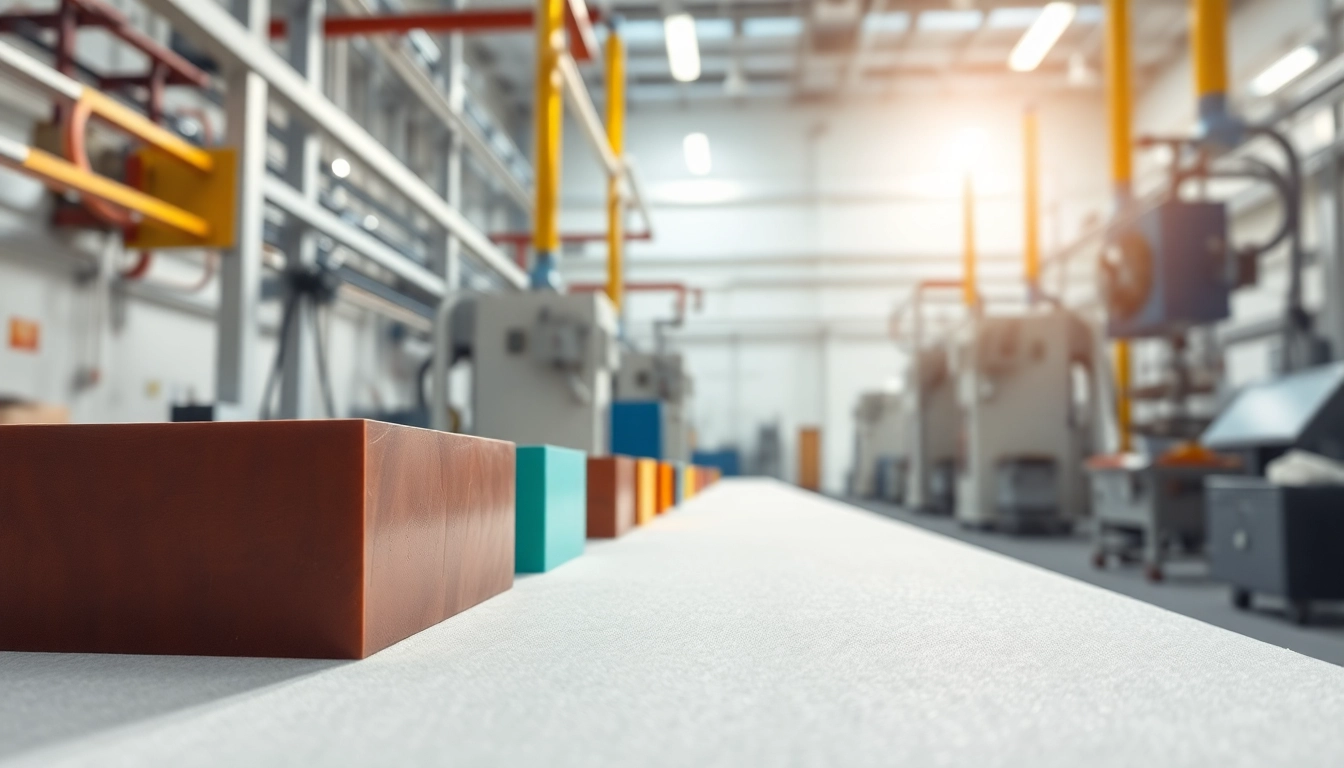



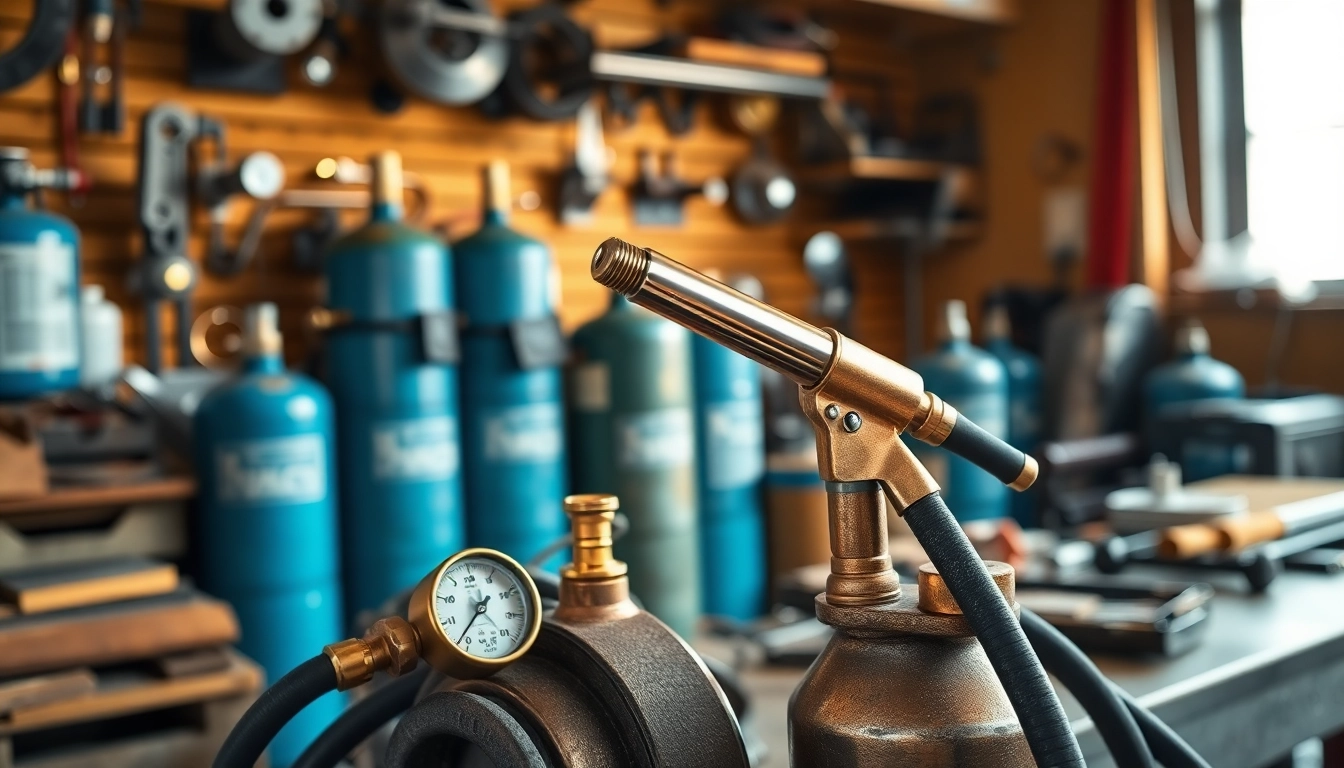
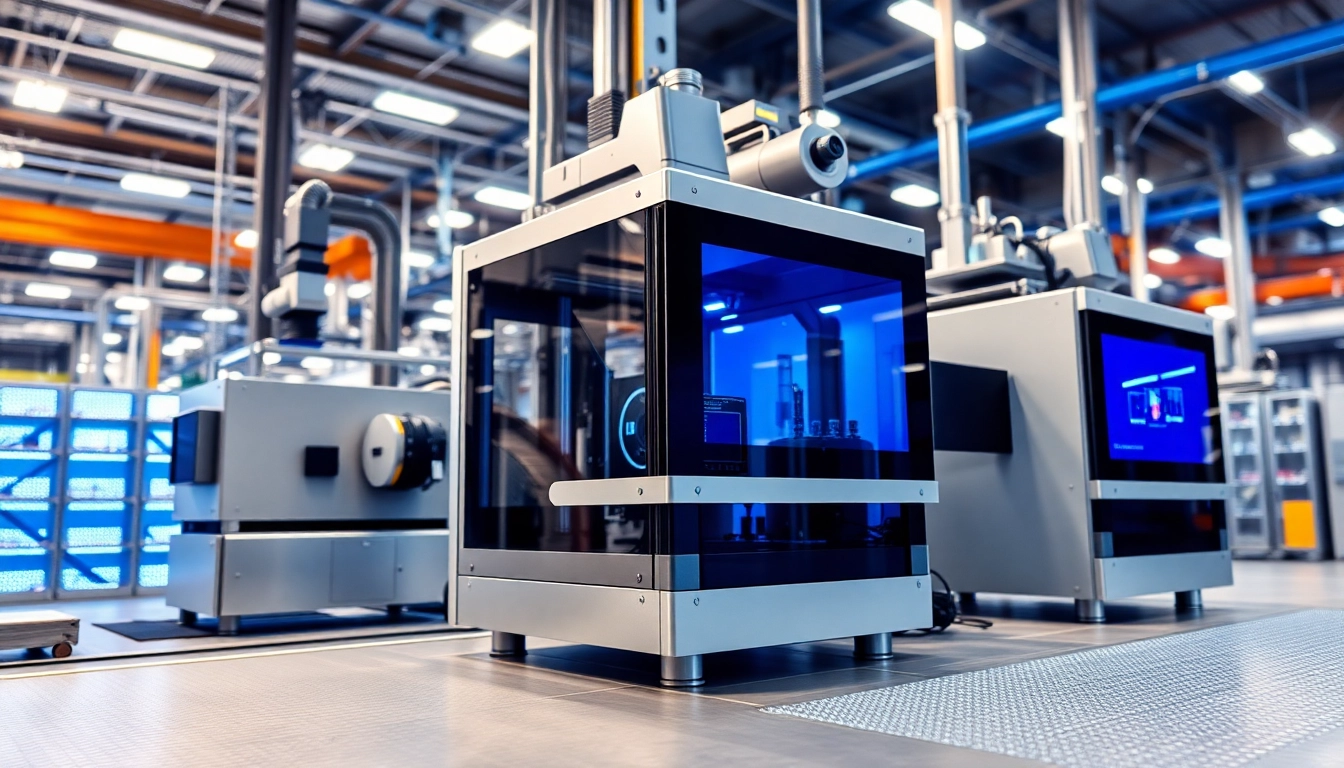
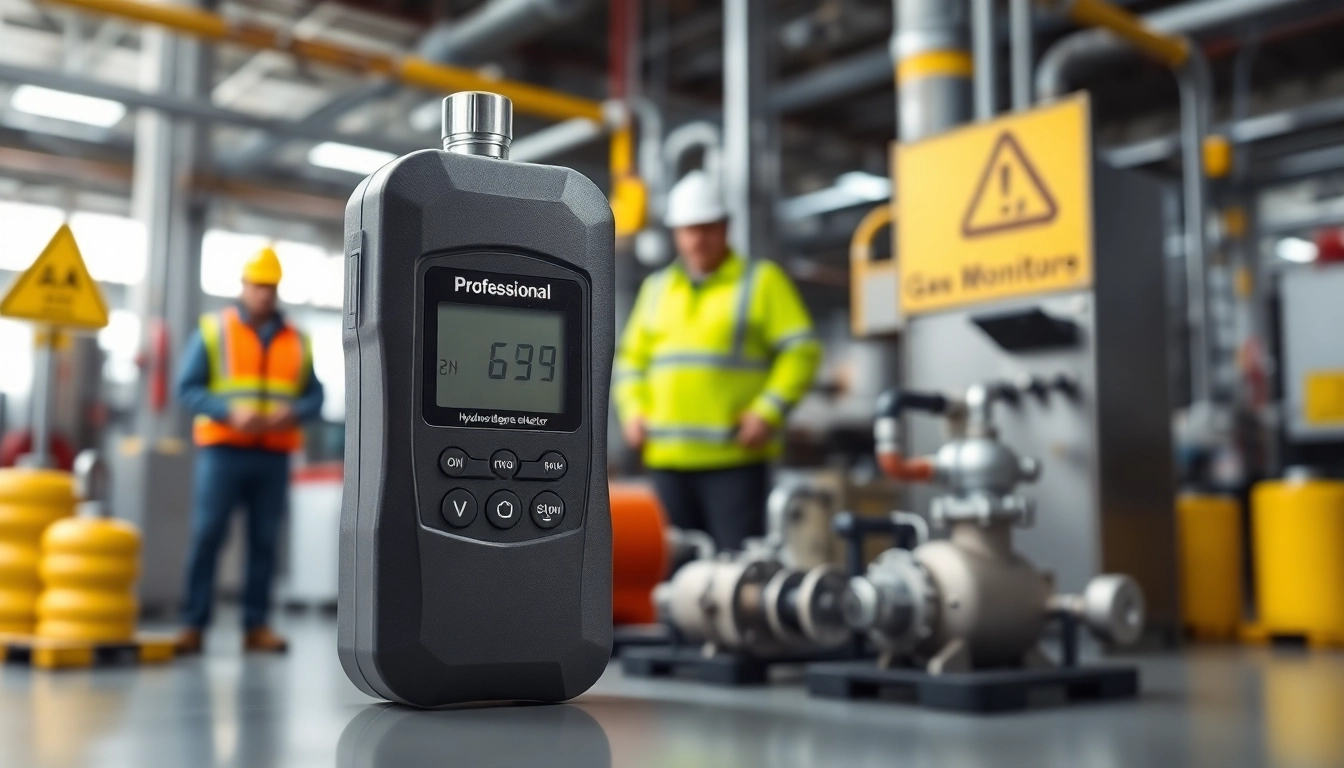
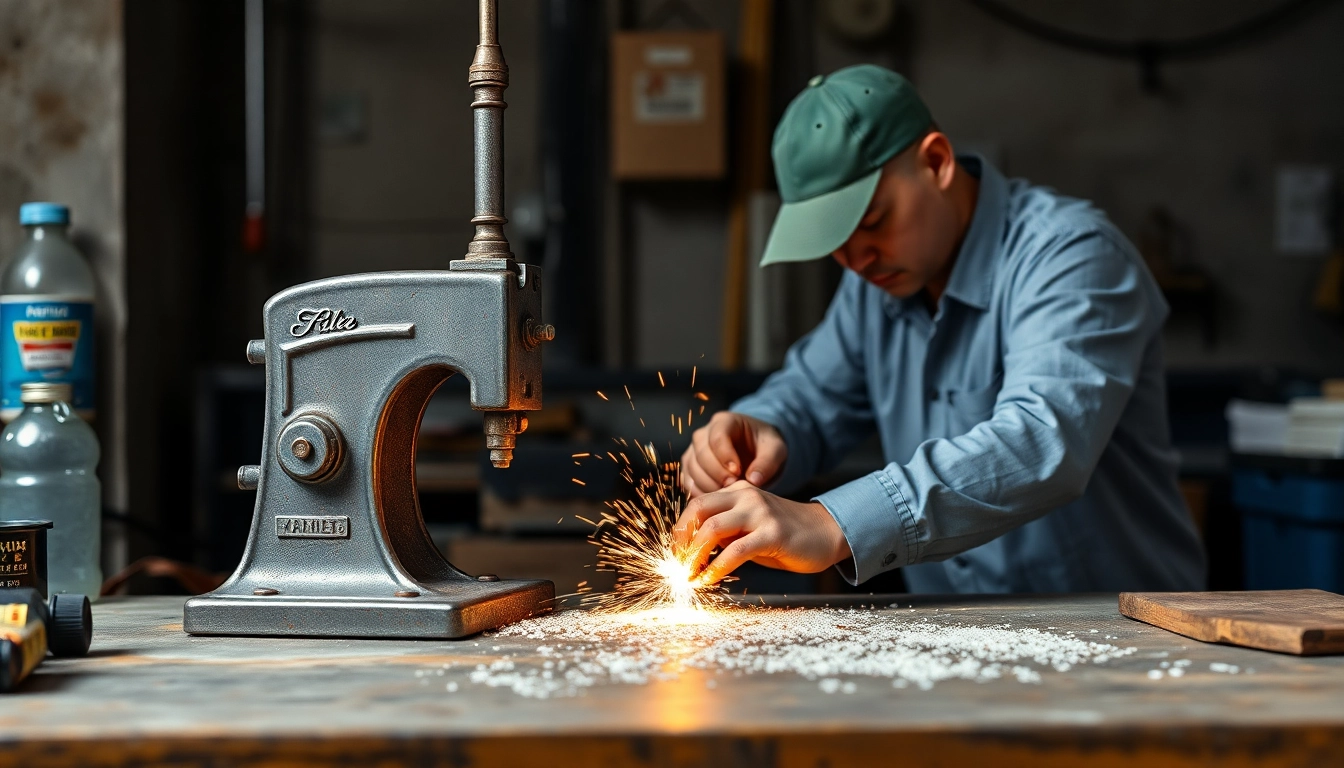
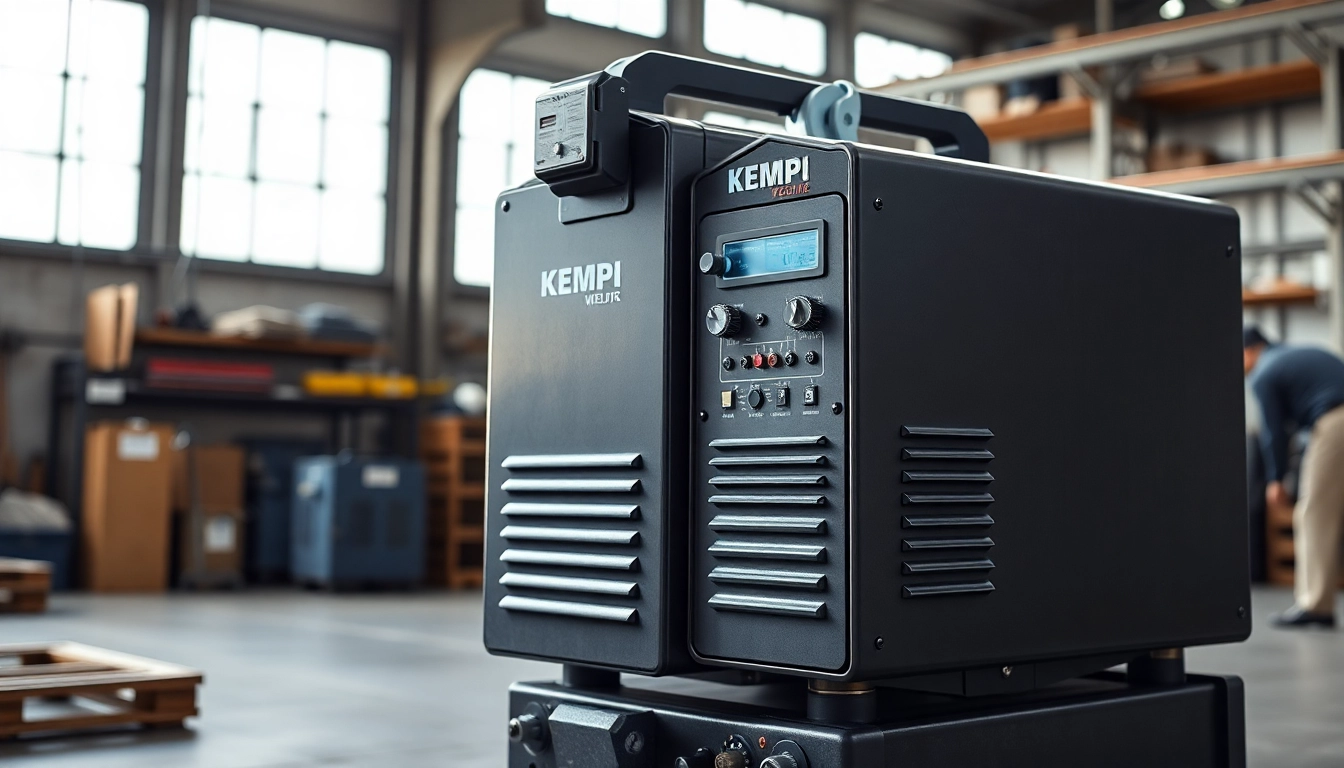




Leave a Reply